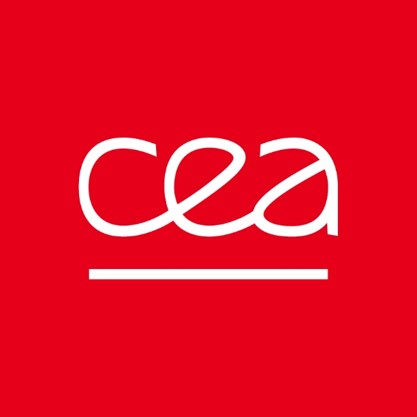-
Aeronautics - Aerospace - Defence
-
Chemistry - Materials
-
Complex systems and software engineering
-
Digital
-
Energy, Ecology, Environment
-
Mobility and transport
-
Social - Societal - Solidarity Innovation
Theoretical Physics Institute (IPhT)
Research unit
The IPHT research focuses on major topics of modern theoretical physics: High energy physics, cosmology, quantum gravitation, string theory, exact methods and mathematical physics, condensed matter physics, quantum physics, statistical physics, out of equilibrium physics, biophysics.
These theoretical methods are successfully applied to interdisciplinary subjects such as computer science (constraint satisfaction, error correcting codes, analysis of search algorithms), biology (genetic and evolutionary models), epidemiology (controlling the spread of infectious diseases), or quantitative study of geographic and urban networks using the mathematical apparatus of statistical mechanics.
Innovation themes
- Energy, Ecology, Environment
- Digital
- Complex systems and software engineering
- Software design, big data, cloud, high performance computing
- Modelling and simulation
- Mobility and transport
- Smart grid
- Interface, communicating system, ICT
- Chemistry - Materials
- Aeronautics - Aerospace - Defence
- Social - Societal - Solidarity Innovation
- Plasma
- Energy
- Mobility and sustainable infrastructure
- Standards, regulations and public actions
- Materials and processes
- Free software, web
Route de l'Orme aux Merisiers
CEA - Saclay, Bâtiment 774
91191 GIF-SUR-YVETTE
Expertises
- Particle Physics / Astrophysics (Standard model, cosmology, quantum chromodynamics, hadronic physics)
- Statistical Physics / Condensed Matter (non-equilibrium and disordered systems, quantum systems and condensed matter, soft matter and biological systems)
Applications sectors
- IT / software
- Networks / Telecom
- Construction / Architecture / Urban planning / Real Estate
- Energy
- Education / Training
- Media / Communication / Publishing / Events
- Materials (Metal, Glass, Ceramic, Composite...)
Total number of employees
Number of researchers : 90
Number of doctoral students : 25
Equipment(s) open to collaboration
Free software and packages:
- McGenus and TT2NE (Monte Carlo algorithms to predict RNA secondary structures with pseudoknots)
- Mistral (multiple protein structural alignment)
http://ipht.cea.fr/Phocea-SPhT/ast_visu_spht.php?id_ast=563
TRIQS (Toolbox for Research on Interacting Quantum Systems)
https://triqs.ipht.cnrs.fr
FASTJET (Software package for jet finding in high energy collisions)
https://fastjet.fr/
Keywords
- DNA
- algorithm
- astrophysics
- magnetic field
- error correcting codes
- high energy collision
- strings
- deep-learning
- quantum decoherence
- rare decays
- epidemiology
- fractals
- algebric geometry
- graphs
- random matrices
- evolutionary models
- neutrino
- neutrons
- optimisation
- elementary particles
- nuclear physics
- polymers
- stochastic processes
- protons
- relativity
- protein folding
- smartgrid
- superfluidity
- supraconductivity
- disordered systems
- advanced numerical technics
- topology
- phase transitions
- glasses
Valuation offer
- conferences
- formations
Projects examples
- QCDMAT: Strongly Coupled QCD Matter (2011-2016)
- NuQFT: The Hall Plateau Transition and non-unitary Quantum Field Theory (2015-2020)
- Champagne: Charge orders, Magnetism and Pairing in High Temperature Supraconductors (2016-2021)
ERC Starting Grant :
- Nano-Graphene: Understanding the Electronic Properties of Carbon Nanotubes and Graphene as Quantum Conductors (2011-2016)
- Observablestring: The Low Energy Limit of String Theory and the Observable World (2011-2016)
- NPRGGLASS: Non Perturbative Renormalization Group of Glassy Systems (2012-2017)
- MottMetals: Quantitative approaches for strongly correlated quantum systems in equilibrium and far from equilibrium (2012-2017)
- Grant PreQFT: Strategic Predictions for Quantum Field Theories (2015-2020)
http://ipht.cea.fr/en/Phocea/Vie_des_labos/News/index.php
Industrial and scientific relations
Scientific collaborations
More than 100 international collaborations : UE, USA, Russia, Japan, Brasil, Argentina, India, China
Collaborations on large scientific instruments: CERN, RHIC(PHENIX), BLACKHAT, LHC (ATLAS, CMS, ALICE, LHC B)
Establishments of affiliation
